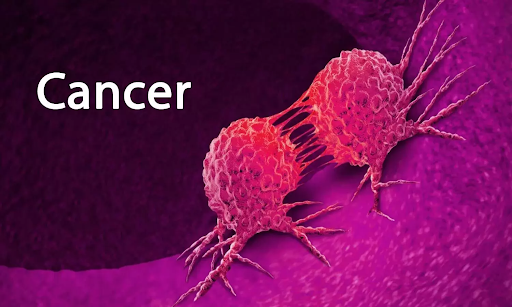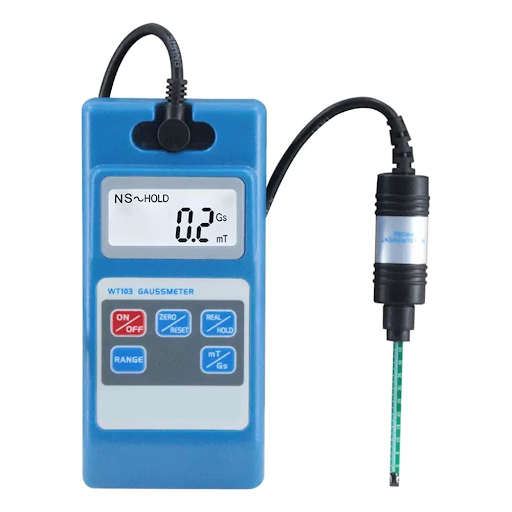
Cancer that develops in the prostate is known as prostate cancer. In males, the prostate is a little walnut-shaped gland that secretes seminal fluid, which feeds and carries sperm.
One of the most prevalent cancers is prostate cancer. In the prostate gland, where they may not do much harm, many prostate cancers develop slowly and are localised. Although some prostate cancers spread slowly and may require little to no therapy, others are aggressive and can spread very quickly.
Early-stage prostate cancer that is still contained to the prostate gland provides the best prognosis for recovery.
Symptoms
In its early stages, prostate cancer may not show any symptoms at all.
More advanced prostate cancer may exhibit symptoms including
difficulty urinating
decreased force of the urine stream
Urine with blood in it
A blemish in the sperm
a bone ache
shedding pounds without trying
erection problems
Prostate cancer risk factors include the following:
aged more. As you become older, your chance of prostate cancer rises. After 50, it becomes more prevalent.
Race. Black people are more likely than those of other races to develop prostate cancer, for unknown reasons. Prostate cancer is also more likely to be aggressive or progressed in Black persons.
Family background. Your risk may be raised if a blood related, such as a parent, sibling, or child, has been diagnosed with prostate cancer. Additionally, if your family has a history of having genes that raise your risk of Your chance of developing prostate cancer may be increased if you have breast cancer (BRCA1 or BRCA2) or a very strong family history of breast cancer.
Obesity. Though studies have produced conflicting findings, it is possible that obese individuals may have a higher risk of prostate cancer than those who are regarded to be of a healthy weight. Obese individuals are more likely to have more aggressive cancers that are more likely to come back after initial therapy.
Complications
Prostate cancer and its therapies can have the following side effects:
cancer that metastasizes (spreads). Prostate cancer can spread through your circulation or lymphatic system to your bones or other organs, as well as to neighbouring organs like your bladder. Broken bones and suffering can result from prostate cancer that has spread to the bones. Having prostate cancer once It’s doubtful that prostate cancer will be cured if it has spread to other parts of the body, but it may still react to treatment and be controlled.
Incontinence. Urinary incontinence can be brought on by both prostate cancer and its therapy. The sort of incontinence you have, how severe it is, and how likely it is that it will get better over time will all influence how you are treated. Medication, catheters, and surgery are all potential treatment modalities.
erection problems. Prostate cancer and its therapies, such as surgery, radiation, and hormone therapy, can also cause erectile dysfunction. Erectile dysfunction can be treated with medications, erection-aid vacuum devices, and surgery.
Prostate cancer risk can be decreased by:
Pick a balanced diet rich in fruits and vegetables. A variety of fruits, vegetables, and whole grains should be consumed. Numerous vitamins and elements found in fruits and vegetables can benefit your health.
It has not yet been proven beyond a reasonable doubt that nutrition helps prevent prostate cancer. However, eating a balanced diet that includes a wide variety of fruits and vegetables might enhance your general health.
Select nutritious foods over supplements. There is no evidence that supplements can lower your chance of developing prostate cancer. Instead, choose for foods high in vitamins and minerals to keep your body’s vitamin levels at healthy levels.
Try to work out most days of the week. general health, supports weight maintenance, and elevates your mood. On most days of the week, try to exercise. Start out slowly if you’ve never exercised before, then gradually increase your daily exercise time.
keep a healthy weight. If your weight is healthy right now, make an effort to keep it that way by eating well and working out most days of the week. Add extra exercise and cut back on your daily calorie intake if you need to lose weight. Consult your doctor for assistance in developing a plan for safe weight loss.
Discuss the increased risk of prostate cancer with your doctor. You and your doctor might think about taking drugs or doing other treatments if you have a very high risk of prostate cancer. lower the danger. According to certain research, using 5-alpha reductase inhibitors like dutasteride (Avodart) and finasteride (Propecia, Proscar) may lower the overall chance of getting prostate cancer. These medications are used to manage hair loss and enlargement of the prostate gland.
However, some data suggests that those who use these drugs may be at higher risk of developing high-grade prostate cancer, a more severe form of the disease. Speak with your doctor if you’re worried about your risk of acquiring prostate cancer.
For Cancer treatment you can check here: https://www.balcomedicalcentre.com/









